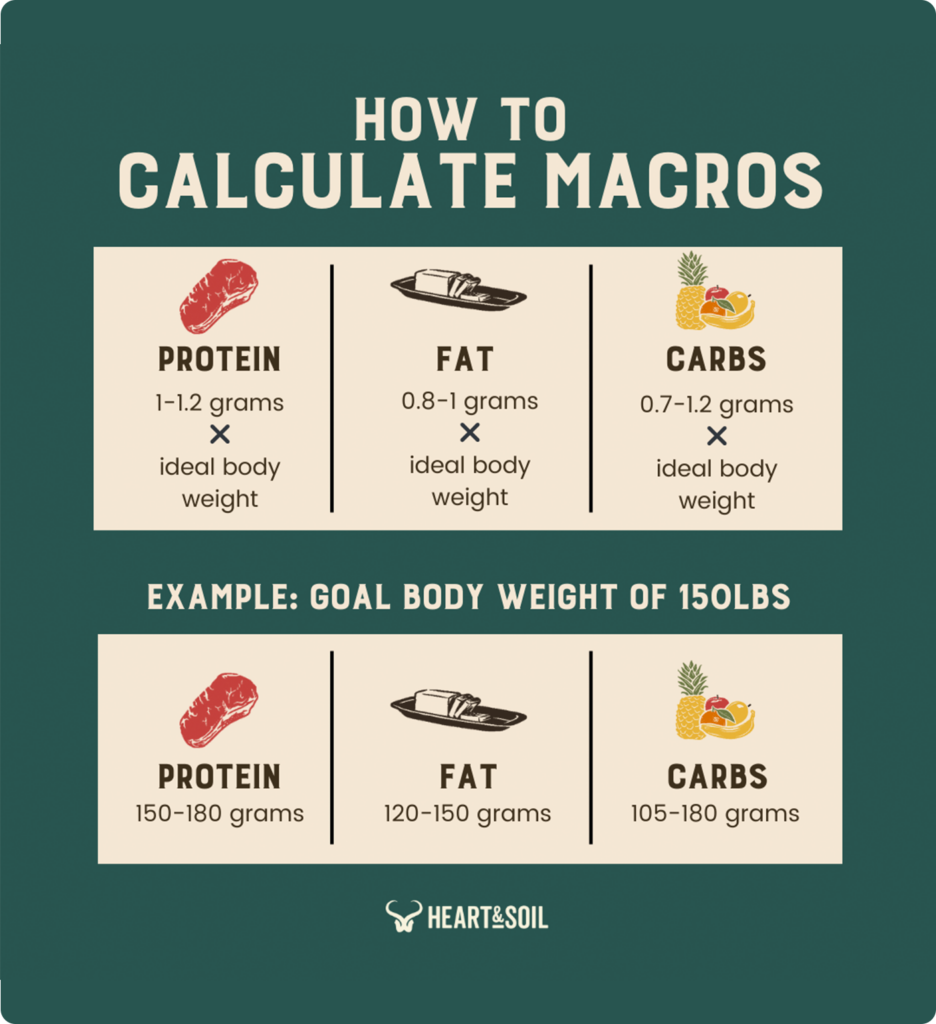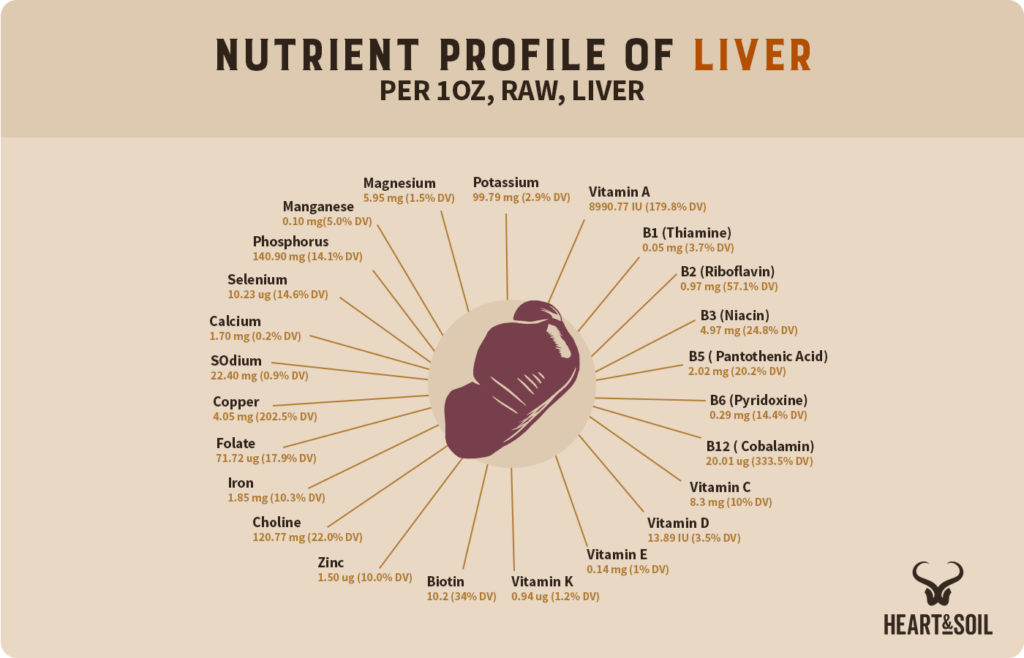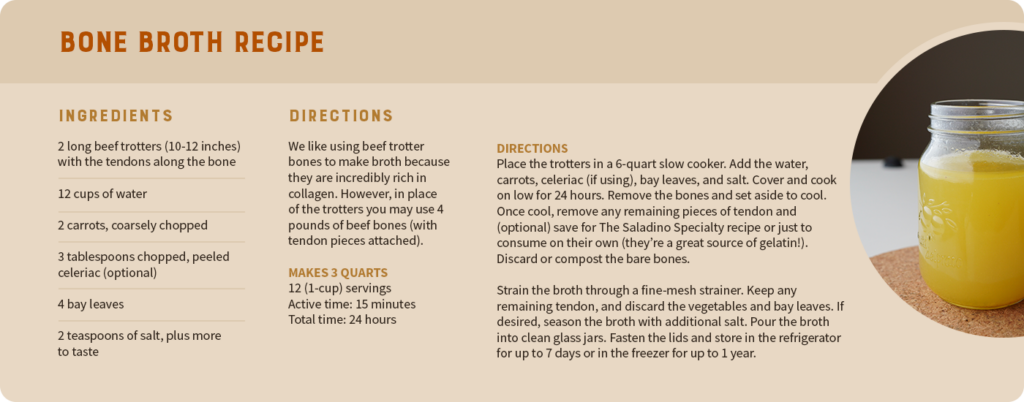PLEASE NOTE: The information in this blog is for educational purposes only. It is not a substitute for professional medical advice. Consult your healthcare provider if you’re seeking medical advice, diagnoses, or treatment.
Digestive issues are widespread nowadays and can be physically and mentally taxing. One condition in particular, constipation, impacts millions of people yearly (regardless of age)(1).
Constipation can be defined as a minimal number of bowel movements per week, stools that are painful or difficult to pass, and the feeling of incomplete evacuation. It’s often accompanied by gas and bloating.
Constipation may also result from underlying gut challenges such as irritable bowel syndrome (IBS).
While constipation is often mild and self-treatable, it’s generally a symptom that your digestive system isn’t functioning optimally.
In this article, we’ll discuss the following:
- Common contributors to constipation
- Considerations for constipation on the animal-based or carnivore diet
- Diet and lifestyle tips to naturally improve your digestion
Off we go!
Why Am I Constipated?

Constipation can be caused or exacerbated by factors such as diet, dehydration, medications, stress, opioid usage (2), and physical inactivity (3). Ignoring the urge to defecate or sitting in certain positions on the toilet can also play a role (4).
Constipation can still creep in even if you’re intentional about your diet and lifestyle choices.
Constipation and an Animal-Based Diet
An issue with bowel movement frequency or consistency is relatively common for individuals transitioning to a higher protein, animal-based, or carnivore diet.
You may be coming from a similar diet, or you may be coming from the opposite end of the spectrum. Either way, it can take some time for your body to adjust!
For those already following a carnivore or animal-based diet, check out this video from Paul Saladino, MD, on resolving constipation. Digestion generally improves dramatically on an animal-based diet, but there can still be hurdles to overcome.
The Role of Dairy and Eggs on an Animal-Based Diet
While dairy and eggs can be crucial additions for an animal-based diet, some people may initially struggle with them.
Generally speaking, eggs are a superfood that most people would benefit from eating more of, but it’s important to know that most eggs on the market, even pasture-raised eggs, often come from chickens fed diets abundant in corn, soy, millet, sunflower meal, or other linoleic acid-rich feed products.
Unfortunately, these metabolically disrupting fatty acids end up in the fat of conventionally raised pork and chicken… and the eggs! Due to this, we generally suggest sticking to corn- and soy-free pasture-raised eggs.
We highlight this because linoleic acid (omega-6 polyunsaturated fatty acid) contributes heavily towards metabolic dysfunction and many other chronic issues we see today.
Egg whites also contain proteins that can irritate the gut of sensitive individuals. So, some people do better eating just the yolks.
When people react negatively to milk products, the offending component is often a protein called casein (5). There are two varieties of milk out there, A1 and A2, which refers to the type of casein protein found in the milk.
A1 casein is found in most cows’ milk in the United States, and the A2 variant occurs in the milk of a small percentage of US cows and other ruminants like buffalo, goats, and sheep.
The less common A2 milk is generally easier to digest and less problematic than the more common A1 milk, so we always encourage anyone who feels dairy-sensitive to try grass-fed A2 milk (6).
Pasteurization is another factor to consider when consuming milk.
Raw, unpasteurized milk from grass-fed cows is one of the few things on this planet truly worthy of being called a “superfood.”
Not only does it provide fat- and water-soluble vitamins in their most bioavailable forms (7), but it also contains enzymes, bacteria, and unique peptides that improve digestion, microbial diversity, and overall health (8)(9).
Unfortunately, conventional pasteurization kills the beneficial bacteria and denatures the enzymes, amino acids, and other heat-sensitive nutrients typically found in milk, which can strip away its natural healing capacity and compromise its digestibility (10).
However, raw milk can only be found in certain locations, and some people tolerate low-temperature pasteurized options better than raw dairy.
With dairy, it may take some tinkering to find what works best for you. This article outlines additional suggestions for those wanting to consume dairy products without discomfort.
10 Tips for Natural Constipation Relief
Constipation is uncomfortable and can have consequences if left unaddressed. Thankfully, it’s a preventable challenge with dozens of natural remedies!
Here are ten suggestions to help get things moving.
1. Adjust Your Macronutrient Values
Constipation can result from insufficient calories or an improper balance of macronutrients (11). Carbs and fat are particularly important for constipation.
We find that most people do well with the following values:

If you aren’t already, feel free to use an app such as Cronometer or MyFitnessPal to track your intake easily.
For an example showing how to track a day of animal-based eating, check out Dr. Paul’s podcast on the topic!
2. Eliminate The Most Toxic Plant Foods
These include leaves, stems, nightshades, and seeds (nuts, grains, and legumes).
As discussed in Dr. Paul’s book, The Carnivore Code, these foods contain a myriad of plant defense chemicals that can trigger the immune system and affect the digestive system negatively.
For carbohydrates, we suggest focusing on low-toxicity sources such as honey, berries, avocados, olives, squash, or other seasonal sweet and non-sweet fruit. Our animal-based infographic has more details!
At this point, you may be asking, what about fiber?
Surprisingly, very little interventional evidence suggests that adding plant fiber to the human diet improves constipation. As Dr. Paul mentions in his book, interventional studies show that the complete removal of fiber results in the total resolution of symptoms in people with idiopathic constipation (12).
There is some evidence showing that fiber will give people larger bowel movements. Still, it has not been conclusively shown to improve pain, bloating, ease of passage of stool, or use of laxatives, all of which are additional symptoms of constipation (13).
Generally, when fiber is added to the diet of someone who is constipated, they have more frequent, larger, and painful stools, which is not solving the problem.
3. Prioritize Sleep
Optimizing your sleep environment and getting the right amount of sleep is crucial for gastrointestinal health and healing (14,15).
Being consistent with bedtime, turning off devices 1-2 hours before sleep, dimming the lights (Dr. Paul has a great podcast episode on this topic), and even wearing blue-light-blocking glasses can all be helpful (16).
Our main suggestion is to include bone broth (more on this later). Bone broth and connective tissue contain an amino acid called glycine, which acts as a neurotransmitter in the brain and lends itself to proper relaxation and deep sleep (17,18).
4. Stay Active
It is essential to complete some level of physical activity daily. Studies have shown that light exercise can improve symptoms of constipation (19, 20).
You don’t have to destroy yourself in the gym. It can be as simple as taking two or three 10-minute walks pre/post-meals!
5. Get Some Sunlight
Remember to get outside, play in the sun, and reconnect with nature. Getting sun is one of the best things to improve gut health, as sun exposure has a favorable effect on the gut microbiome (21).
Vitamin D is known to promote intestinal health (22). Sun exposure has also been shown to improve alpha diversity of the gut (23). Additionally, exposure to direct sunlight and UV promotes Vitamin D and nitric oxide synthesis in the skin (24).
This nurtures hormone regulation, helps decrease blood pressure (25), and improves blood flow. Daily sun exposure can also help your body enter its natural circadian rhythm cycle, which promotes sleep (26), recovery, and muscle growth.
6. Manage Stress
Stress is completely normal! However, stress can contribute to constipation (27,28).
We challenge everyone to engage in some stress management activity. Meditation, prayer, sitting outside and connecting with nature, gardening, or even learning a new skill can all be enjoyable ways to reduce stress (29,30,31).
Minimizing distractions such as TV, phones, or computers is essential when eating. Focus on chewing food thoroughly. Meals should not be rushed and should take place in a relaxed environment. Some people also benefit from eating smaller, more frequent meals instead of larger ones.
Other ideas to relax and ease the digestive tract include abdominal massages (32), Epsom salt baths (33), and maintaining adequate magnesium levels (34).
7. Monitor Your Intake of Salt and Liquids
Sodium chloride (salt) not only assists the stomach in producing stomach acid but also aids the facilitation of the absorption and transportation of nutrients in the intestines after they have broken down (35). Both of these processes are crucial for regular bowel movements.
In general, consuming enough salt promotes optimal digestive health. Staying adequately hydrated can also improve bowel function for those with constipation (36).
Overconsumption of alcohol or coffee can also contribute to constipation (37).
8. Include Organ Meats
Organs are incredibly nutrient-dense, yet they’re easy to overlook and often discarded. Their potential benefits extend far beyond digestive health.

If fresh organs aren’t an option, and you’re having digestive discomfort, feel free to check out Gut & Digestion.
It provides a natural source of digestive enzymes (lipase, colipase, amylase, trypsin) and nutrients your body needs to create a proper environment for digesting all types of whole foods.
Gut & Digestion also contains gastrin releasing peptide, which stimulates the release of enzymes, bicarbonate, and fluids, crucial for digestion. Many find benefits when taking a serving 30 minutes before a meal.
9. Incorporate Bone Broth
Bone broth is another terrific option for gut health.
It is a fantastic source of collagen, which is crucial to maintaining a robust intestinal epithelium (38). It also provides essential minerals that play countless roles in our bodies, including glutamine, calcium, phosphorus, magnesium, sulfur, sodium, and potassium.
We always suggest making bone broth at home when possible. Unfortunately, most store-bought broth brands make their products with veggies, spices, or other potentially problematic ingredients.
Here’s a simple recipe if you’d like to make your own:

10. Get to the Root Cause
Lastly, constipation can result from a deeper root cause, such as parasites, diverticulitis, h pylori, SIBO, or other challenges (39,40).
If constipation persists, we suggest bringing this issue to the attention of your healthcare provider and working closely with them.
If needed, you can check out the Society of Metabolic Health Practitioners, where you can find physicians from around the globe who understand the immense value of making animal foods the center of the diet.
Another popular option is IFM Find a Practitioner for those seeking a functional medicine approach.
Say Goodbye to Constipation!
Like any digestive challenge, constipation is an unpleasant experience.
The great news is that simple diet and lifestyle adjustments often lead to constipation relief, which can develop due to poor diet, inadequate hydration, stress, and physical inactivity.
If you’re already following an animal-based diet, it may be as simple as changing your macronutrient intake or adding organ meats and bone broth.
Life is more enjoyable when your digestion isn’t a source of worry. It’s not uncommon for digestion to improve dramatically on an animal-based diet.
Hopefully, this article helps you experience the same!
Subscribe to future articles like this: